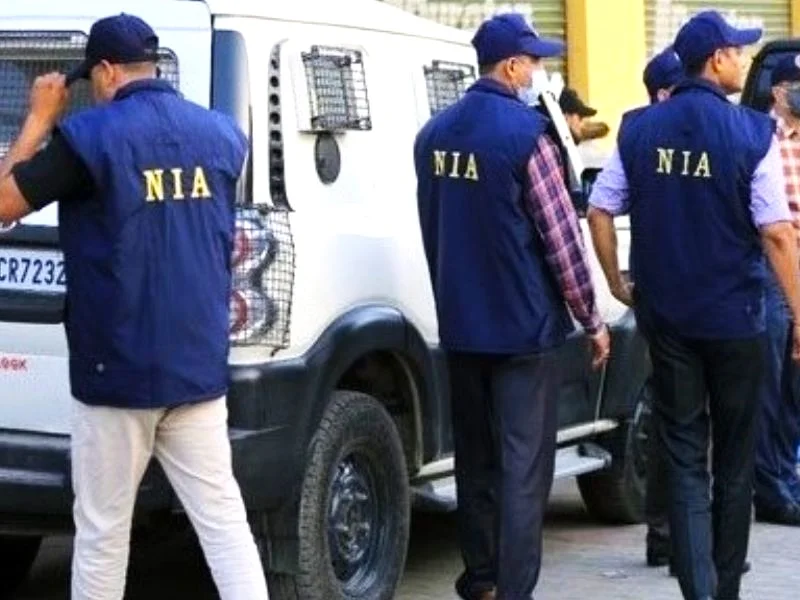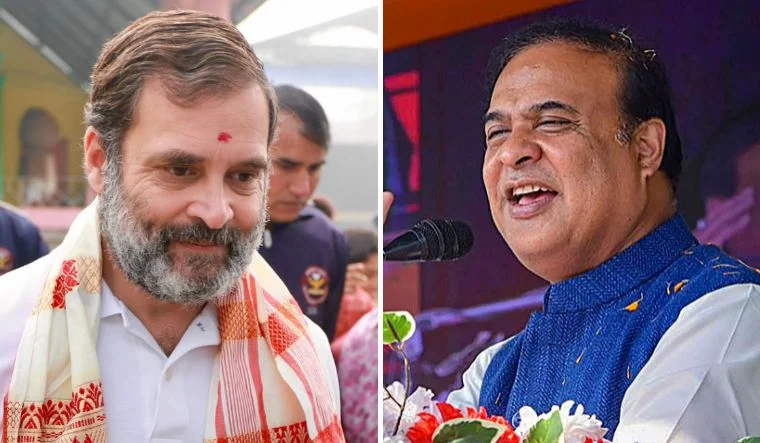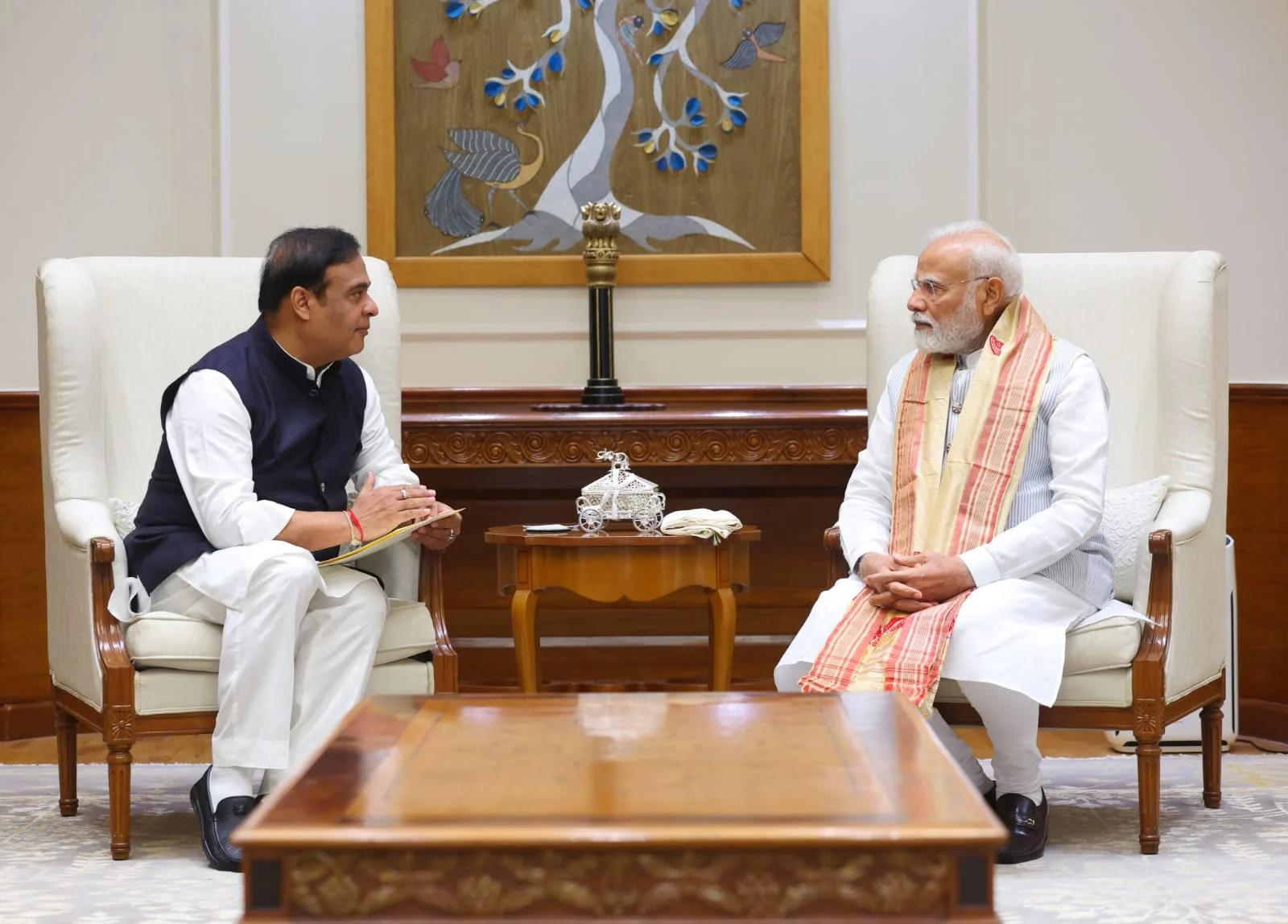The political landscape in Assam is buzzing with anticipation as the Bharatiya Janata Party (BJP) has declared its decision to contest independently in the upcoming Bodoland Council Elections. This strategic move marks a significant shift, indicating the party’s growing confidence and its ambition to solidify its presence across the Bodoland Territorial Region (BTR). The decision to go solo, rather than forming a pre-poll alliance, has set the stage for a compelling electoral battle and will undoubtedly shape the future of governance in the region.
Unpacking the BJP’s Strategy for the Bodoland Council Elections
The BJP’s resolve to fight the Bodoland Council Elections without a pre-poll pact stems from several factors, as gleaned from various political statements and analyses.
- Strengthening Grassroots Presence: The party has reportedly intensified its preparations, deploying senior karyakartas (workers) to fortify its organizational structures at the grassroots level across all constituencies. This extensive outreach aims to assess and enhance the party’s machinery, ensuring a robust electoral footing.
- Assessment of Strength: By contesting independently in the Bodoland Council Elections, the BJP seeks to gauge its individual strength and popularity within the BTR, which encompasses the districts of Kokrajhar, Chirang, Udalguri, Baksa, and Tamulpur. This will serve as a crucial test before future assembly elections.
- Post-Poll Alliance Possibility: While ruling out a pre-poll alliance, BJP leaders have kept the door open for a post-poll alliance if the situation demands, reiterating a “survival of the fittest” motto. This pragmatic approach allows flexibility based on the election outcomes.
- Emphasis on Peace and Development: BJP leaders often highlight the improved peace and harmony in the BTR under the NDA government’s tenure, seeking to leverage this narrative to win over voters in the upcoming Bodoland Council Elections.
The Current Political Equation and the Bodoland Council Elections
The Bodoland Territorial Council (BTC) is an autonomous body established under the Sixth Schedule of the Indian Constitution, responsible for the administration of the Bodoland Territorial Region. The BTC, which went to polls in December 2020, saw a fractured mandate, leading to a post-poll alliance between the United People’s Party Liberal (UPPL), BJP, and Gana Suraksha Party (GSP), with Pramod Boro of UPPL assuming the Chief Executive Member role.
The BJP’s decision to go solo for the next Bodoland Council Elections puts its existing alliance partners, particularly the UPPL, in a position where they too must contest on their own strength. The Bodoland People’s Front (BPF), which previously governed the BTC for 17 years and was a long-time ally of the BJP in the state, is also expected to contest independently, as is the Congress. This sets up a multi-cornered contest, making the Bodoland Council Elections highly unpredictable.
Historical Context and Future Implications for Bodoland Council Elections
The BTR has a history of peace accords and political shifts. The 2020 Bodo Accord, which brought significant peace to the region, has been a defining factor in its recent political narrative. While peace remains a key aspiration for the region, parties like the UPPL, led by Pramod Boro, emphasize the transformative changes post-2020, contrasting it with the perceived instability during the previous BPF rule.
The forthcoming Bodoland Council Elections are seen by many as a significant political indicator, even dubbed a “semi-final” before the state assembly elections. The outcomes will not only determine the composition of the next BTC executive but also provide crucial insights into the evolving political dynamics and voter sentiments in Assam’s Bodo-dominated areas. The BJP’s confident solo approach underscores its ambition to expand its political footprint and consolidate power across all regions of Assam.
Discover more from RastriyaSamachar24x7
Subscribe to get the latest posts sent to your email.




